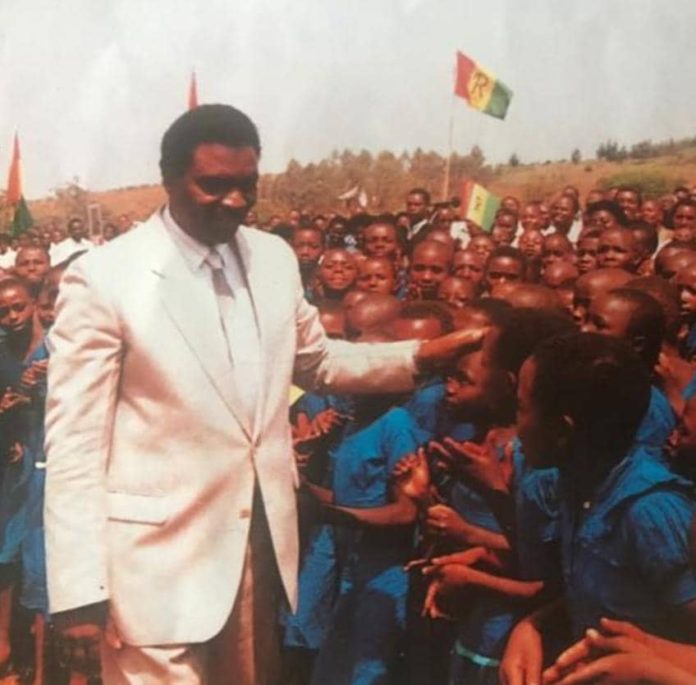On April 5, 2024, members of the Habyarimana family, Léon, Bernard, and Jean-Luc Habyarimana, issued a statement from Paris, marking the eve of the 30th commemoration of the tragic event that unfolded on April 6, 1994. This day witnessed the assassination of Rwandan President Juvenal Habyarimana and Burundian President Cyprien Ntaryamira, alongside their delegations and the French crew of the Falcon 50 aircraft. A missile attack, as they were landing at Kigali Airport, led to this profound loss, marking a prelude to the horrific genocide and subsequent massacres in Rwanda and the Democratic Republic of Congo (DRC), resulting in the deaths of millions across different nationalities.
The Habyarimana family underscores the lingering mystery surrounding the perpetrators and instigators of this attack, emphasizing its role as the catalyst for the genocide and the extensive violence that followed. They highlight various investigations, including the UN-sponsored Mapping Report, which have pointed to the atrocities committed in the DRC, suggesting these acts could be classified as genocide pending proper judicial review.
The statement critically addresses the perceived inadequacies of national and international judicial processes in shedding light on these events, suggesting an influence from the Kigali regime. The family voices their concern over the prolonged presumption of guilt against individuals, including Agathe Habyarimana, without concrete evidence of their culpability, challenging the principle of presumed innocence until proven guilty.
In their call for truth and justice, the Habyarimanas emphasize President Habyarimana’s commitment to the unity and development of Rwanda and peaceful relations with neighboring countries. They lament the shift towards chaos and horror following his assassination and criticize the international community’s handling of the Rwandan tragedy, accusing it of perpetuating falsehoods and injustice.
The family expresses gratitude towards those advocating for a fair investigation into the 1994 terrorist attack and those striving for impartial justice. They remain hopeful that the truth will eventually emerge, shedding light on the manipulations of history and justice that have marred the Rwandan narrative.
The Habyarimana family’s statement is a poignant reminder of the unresolved questions and the enduring pain of those affected by Rwanda’s dark history. It underscores the necessity for a just and impartial inquiry to achieve lasting reconciliation and peace for the Rwandan people, free from the influence of prevailing powers and the distortions of history.































































